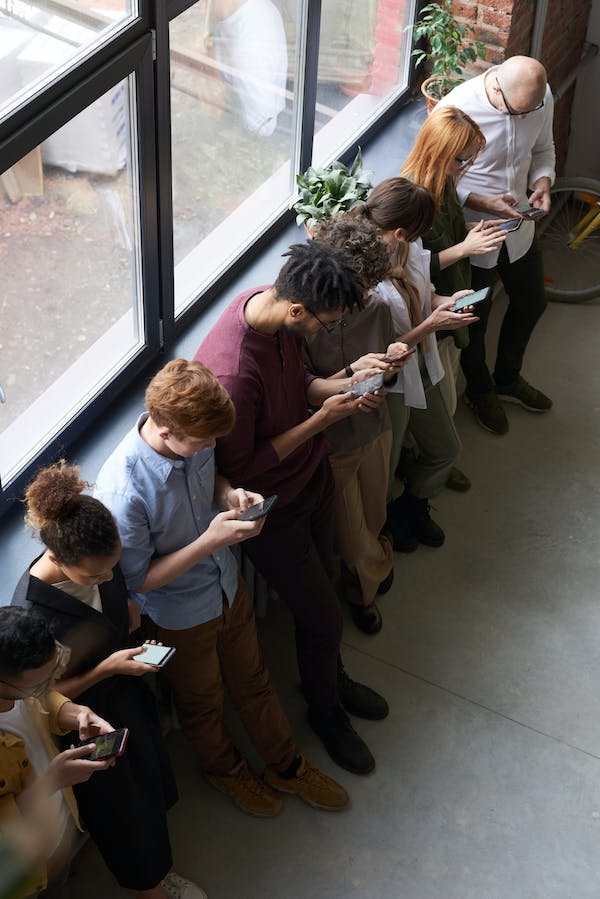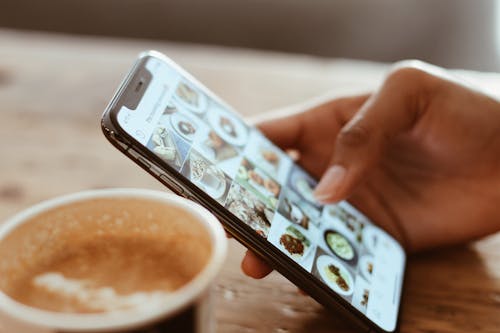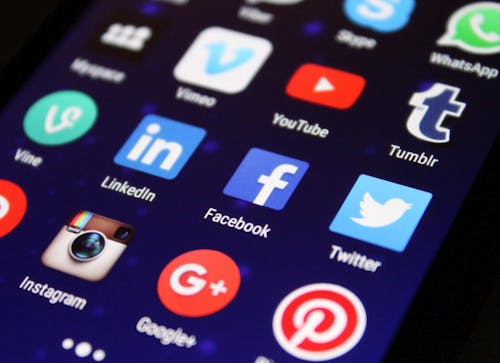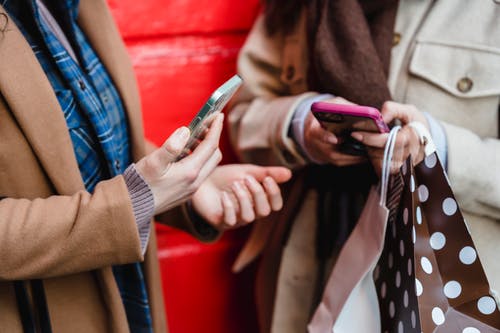With social media playing such a huge role in our lives, it should come as no surprise that some people are becoming obsessed with it. However, constant engagement with social media platforms can cause serious psychological and physical issues that are detrimental to our mental and physical health.
Many statistics report that this generation of young people is much more engaged in social media activities than earlier generations, with teens and young adults checking in on their Facebook newsfeeds, Instagram stories, and Twitter feeds multiple times per day. But while keeping up with the latest “happenings” of friends, family, and celebrities can feel like it’s enhancing our lives, studies suggest that this false sense of fulfillment is damaging to our mental health.
Multiple studies have found that excessive use of social media can have a negative psychological impact, leading to poorer overall mental health. Empirical data collected from social media-addicted students suggests that they experience increased levels of loneliness, depression, anxiety, and even suicidal ideation. These feelings are due to the sense of isolation that developing a reliance on social media can cause. It is true that social media can bring people together, but when individuals become reliant on its approval-seeking process, they may be driven further from interpersonal connection.
Social media users can also develop a distorted sense of self. People may compare themselves to the accomplishments of those that they follow online. They may find themselves putting too much emphasis on “likes” and comments, tying success only to the number of interactions they receive. This can lead to a distorted view of identity and self-image, as users attempt to live up to an irreconcilable standard and overshare while constantly striving for validation.
Not only can an obsession with social media be psychologically damaging, it can also have a physical impact. Being obsessed with social media can lead to disrupted sleep patterns. People might feel the need to stay on their device until late hours of the night, negatively impacting both physical and mental health. Research also suggests that excessive social media use leads to decreased productivity, negative health changes, and even conditions like obesity–as people may feel the need to check in on their news feeds rather than engage in physical activities.
It’s important for people to take a break from social media on a regular basis. Taking a few days a week off from scrolling through news feeds can help reduce stress, improve overall mental health, and even increase productivity and physical well-being. People should also be cognitive of how much time they spend online and become aware of any changes in behavior so that they can take actions to maintain a healthy balance between their online and offline activities.
Being obsessed with social media can have serious psychological and physical implications, but luckily there are ways to avoid its potential harms. Taking regular time off from our screens can be the first step to leading a more balanced life.









